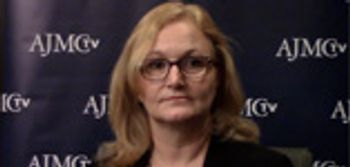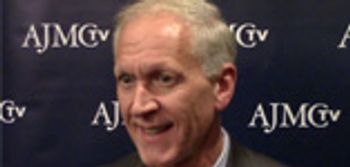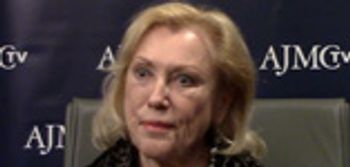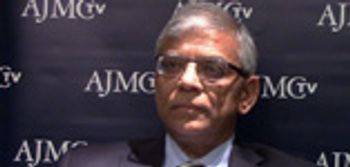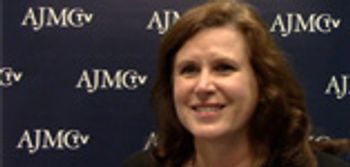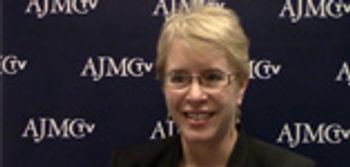
During a session at the Annual Meeting of the American College of Rheumatology, John D. Isaacs, MD, PhD, FRCP, not only reviewed regulatory perspectives as biosimilars enter the market, but conveyed the importance of crafting antibodies to our own purposes.
